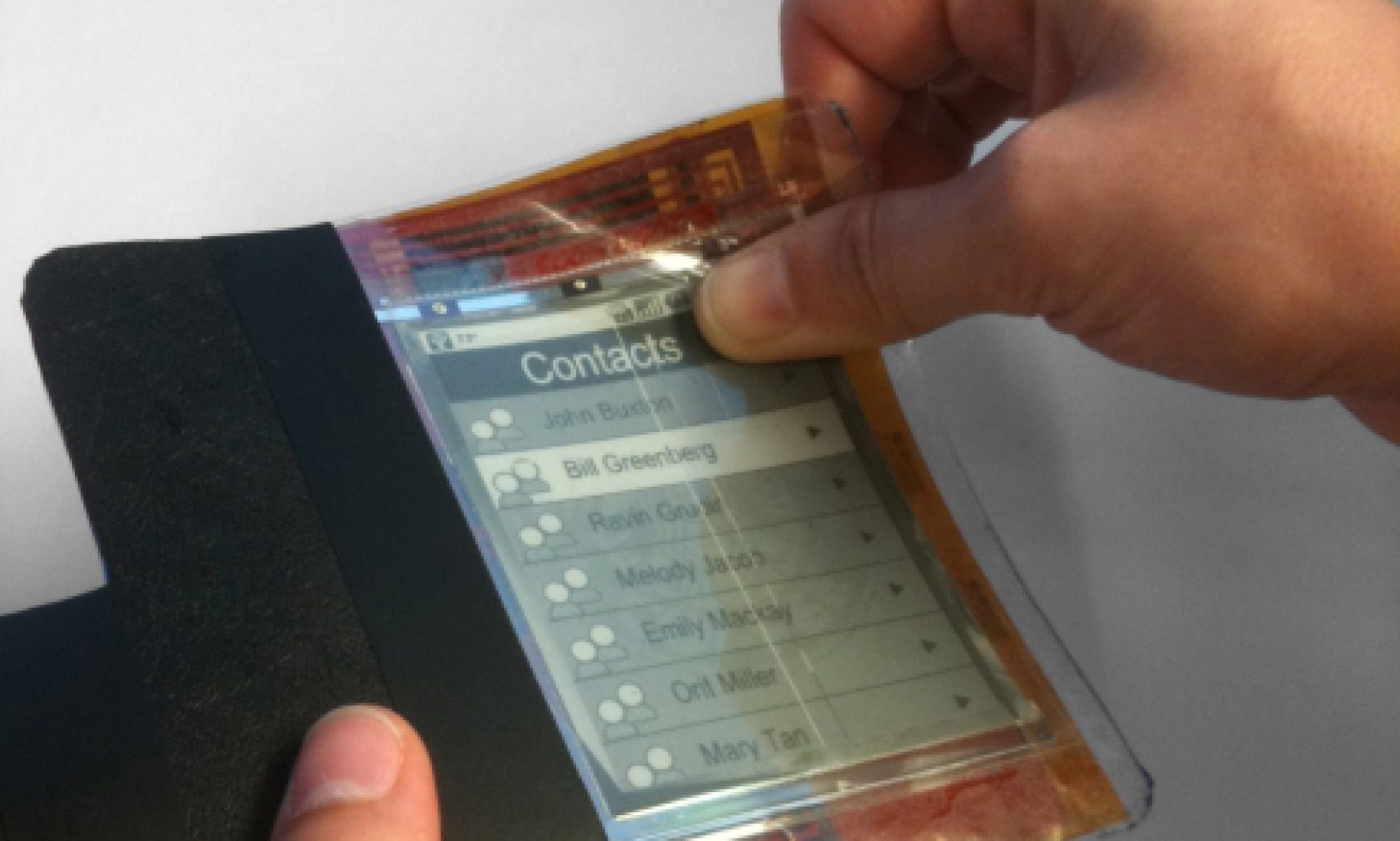Flexible displays potentially allow for interaction styles that resemble those used in paper documents. Bending the display, e.g., to page forward, shows particular promise as an interaction technique. In this paper, we present an evaluation of the effectiveness of various bend gestures in executing a set of tasks with a flexible display. We discuss a study in which users designed bend gestures for common computing actions deployed on a smartphone-inspired flexible E Ink prototype called PaperPhone. We collected a total of 87 bend gesture pairs from ten participants and their appropriateness over twenty actions in five applications. We identified six most frequently used bend gesture pairs out of 24 unique pairs. Results show users preferred bend gestures and bend gesture pairs that were conceptually simpler, e.g., along one axis, and less physically demanding. There was a strong agreement among participants to use the same three pairs in applications: (1) side of display, up/down (2) top corner, up/down (3) bottom corner, up/down. For actions with a strong directional cue, we found strong consensus on the polarity of the bend gestures (e.g., navigating left is performed with an upwards bend gesture, navigating right, downwards). This implies that bend gestures that take directional cues into account are likely more natural to users.



